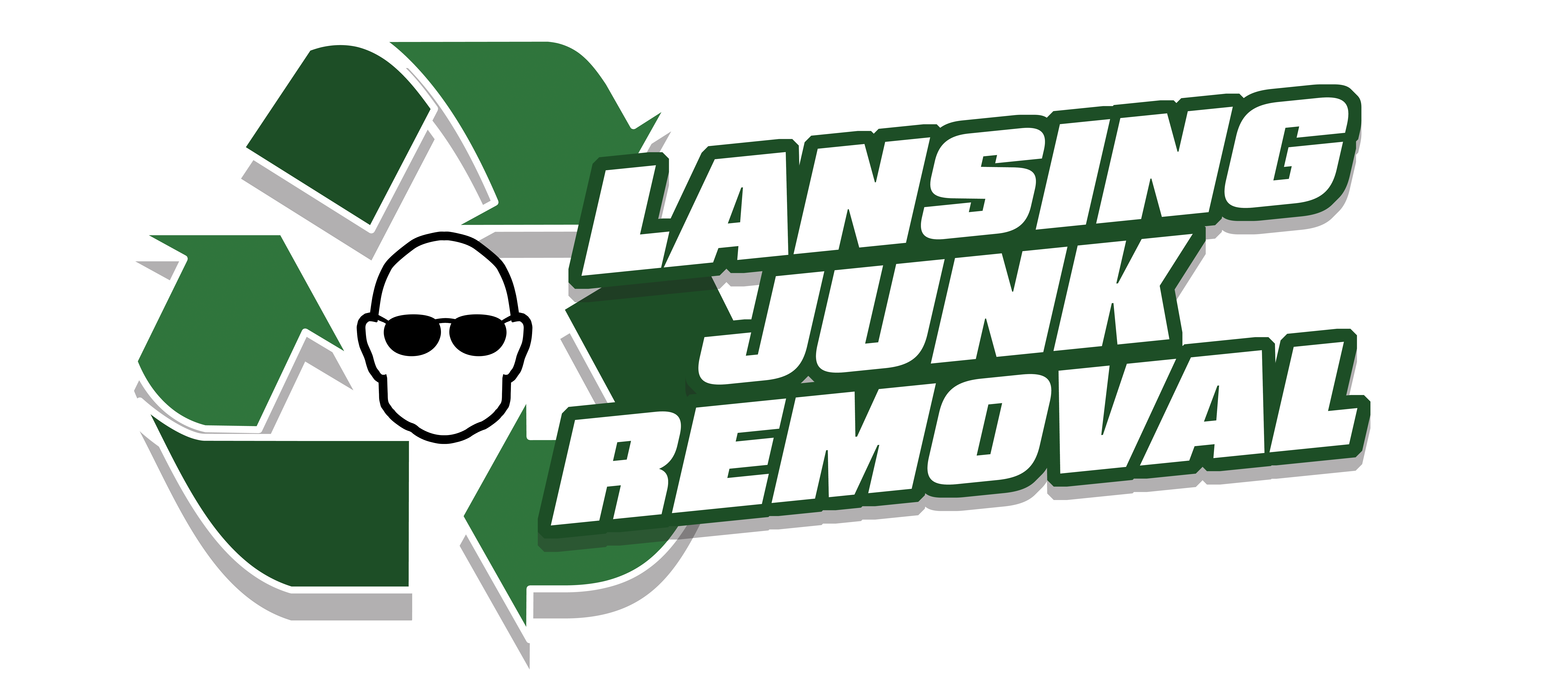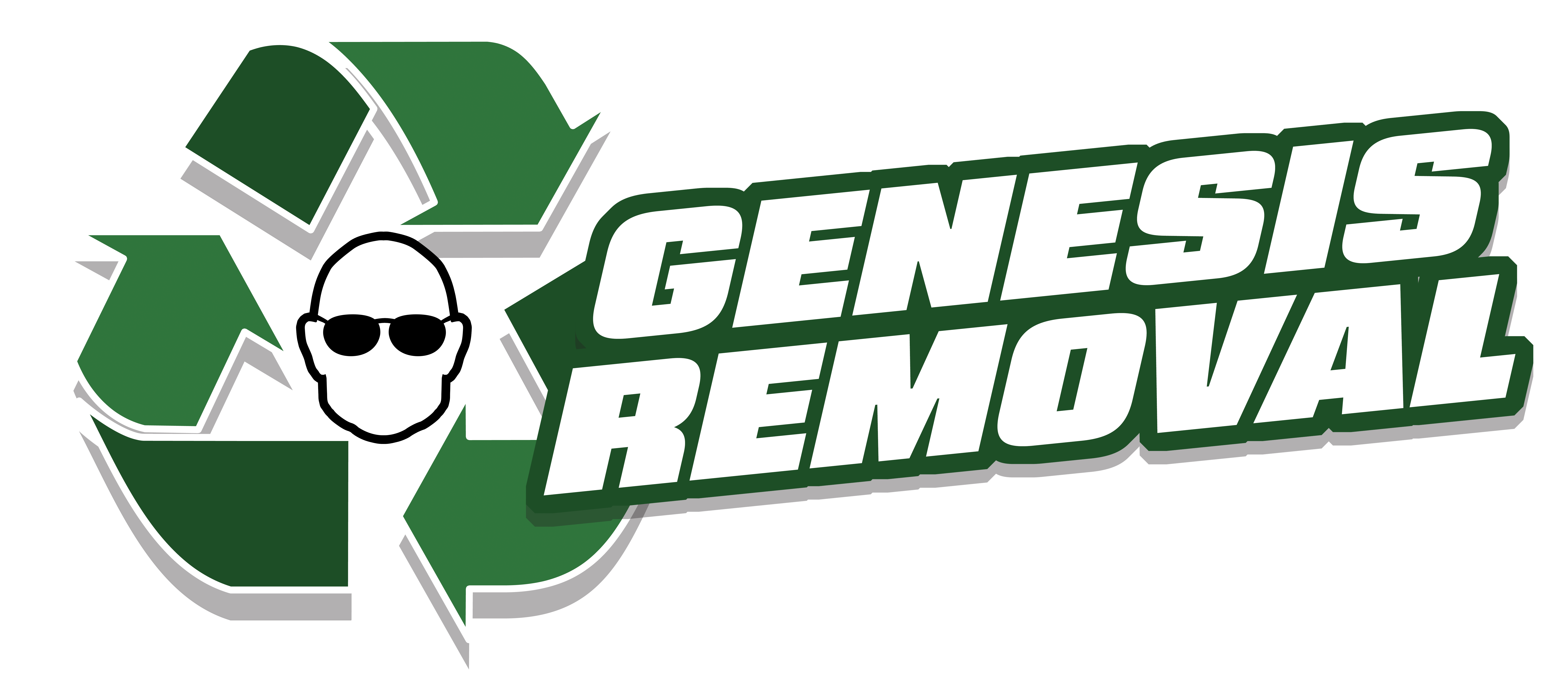Hoarding is a serious issue that affects millions of people, leading to cluttered living spaces, emotional stress, and even health hazards. If you or a loved one is struggling with hoarding, taking steps to address the problem can restore peace and order to your home. Here’s a comprehensive guide on how to stop hoarding, featuring practical tips and strategies to help you reclaim your space and your life.
Understanding Hoarding
Before diving into solutions, it’s essential to understand what hoarding is. Hoarding is characterized by the excessive accumulation of items and an inability to discard them, regardless of their value. This behavior can lead to severe clutter, impacting daily functioning and living conditions. Hoarding can stem from various factors, including emotional attachments, fear of waste, or underlying mental health conditions such as anxiety or depression.
Recognizing the Signs of Hoarding
Acknowledging hoarding behavior is the first step toward addressing it. Common signs include:
- Difficulty discarding items
- Accumulating items with no specific use
- Cluttered living spaces that inhibit daily activities
- Distress or anxiety at the thought of discarding items
- Social isolation due to embarrassment over the state of one’s home
If these signs resonate with you or someone you know, it’s time to take action.
Steps to Stop Hoarding
Set Realistic Goals
Hoarding is a complex issue that won’t be resolved overnight. Start by setting small, achievable goals. For instance, dedicate a specific amount of time each day to decluttering a particular area, such as a drawer or a corner of a room. Celebrate each small success to build momentum.
Categorize Items
When sorting through possessions, create categories for items: keep, donate, sell, and discard. This method helps streamline the decision-making process and makes it easier to part with unnecessary items. Be honest with yourself about the usefulness and sentimental value of each object.
Establish a Decluttering Routine
Consistency is key to overcoming hoarding. Establish a regular decluttering routine that fits your lifestyle. Whether it’s weekly, bi-weekly, or monthly, stick to it. Over time, this routine will become a habit, making it easier to maintain a clutter-free space.
Seek Emotional Support
Hoarding often has emotional and psychological roots. Seeking support from friends, family, or a mental health professional can provide the encouragement and guidance needed to tackle the issue. Support groups for hoarders can also offer a sense of community and shared experience.
Address Underlying Issues
If hoarding is linked to deeper psychological issues, addressing these is crucial. Therapy or counseling can help identify and resolve the root causes of hoarding behavior. Cognitive-behavioral therapy (CBT) is particularly effective in treating hoarding disorder.
Practical Decluttering Tips
Start Small
Begin with less emotionally charged areas, such as the bathroom or kitchen. Tackling smaller areas first can build confidence and demonstrate the positive impact of decluttering.
Use the Four-Box Method
Label four boxes as “Keep,” “Sell,” “Donate,” and “Trash.” As you sort through items, place them in the appropriate box. This method provides a clear framework for decision-making and helps prevent feeling overwhelmed.
One-In, One-Out Rule
To prevent future clutter, adopt the one-in, one-out rule. For every new item brought into your home, one must be discarded. This practice helps maintain balance and prevents the accumulation of unnecessary items.
Sentimental Items
When dealing with sentimental items, consider taking photos instead of keeping the physical objects. This way, you can preserve the memory without contributing to clutter. Limit yourself to a small box of truly meaningful items to avoid being overwhelmed by nostalgia.
Professional Help
If the task of decluttering feels insurmountable, consider seeking professional help. At Lansing Junk Removal, we specialize in assisting individuals with hoarding issues. Our compassionate and discreet team can help you sort through your possessions and remove unwanted items, making the process less daunting and more efficient.
We’re here to help: If you’re ready to reclaim your space and your life, contact Lansing Junk Removal today. Our experienced team is here to support you every step of the way. Don’t let clutter control your life any longer—reach out to us for a free consultation and take the first step toward a clutter-free, healthier home.
Maintaining a Clutter-Free Space
Regular Maintenance
Once you’ve decluttered, maintaining a clutter-free space requires regular upkeep. Set aside time each week to tidy up and address any new clutter. This ongoing effort will prevent the buildup of items and keep your home organized.
Mindful Shopping
Be mindful of your shopping habits. Before making a purchase, ask yourself if the item is truly necessary and if it will add value to your life. Avoid impulse buying and focus on acquiring items that serve a purpose.
Establish a System
Create systems for organizing your belongings. Use storage solutions like bins, shelves, and labels to keep items in their designated places. Having a clear organizational system makes it easier to maintain order and reduces the temptation to hoard.
Moving Forward
Overcoming hoarding is a journey that requires patience, commitment, and support. By setting realistic goals, seeking emotional and professional help, and adopting practical strategies, you can reclaim your space and improve your quality of life. Remember, every small step brings you closer to a clutter-free, healthier home.
For more information or to schedule our junk removal services, contact Lansing Junk Removal. Let us help you transform your home and your life.


